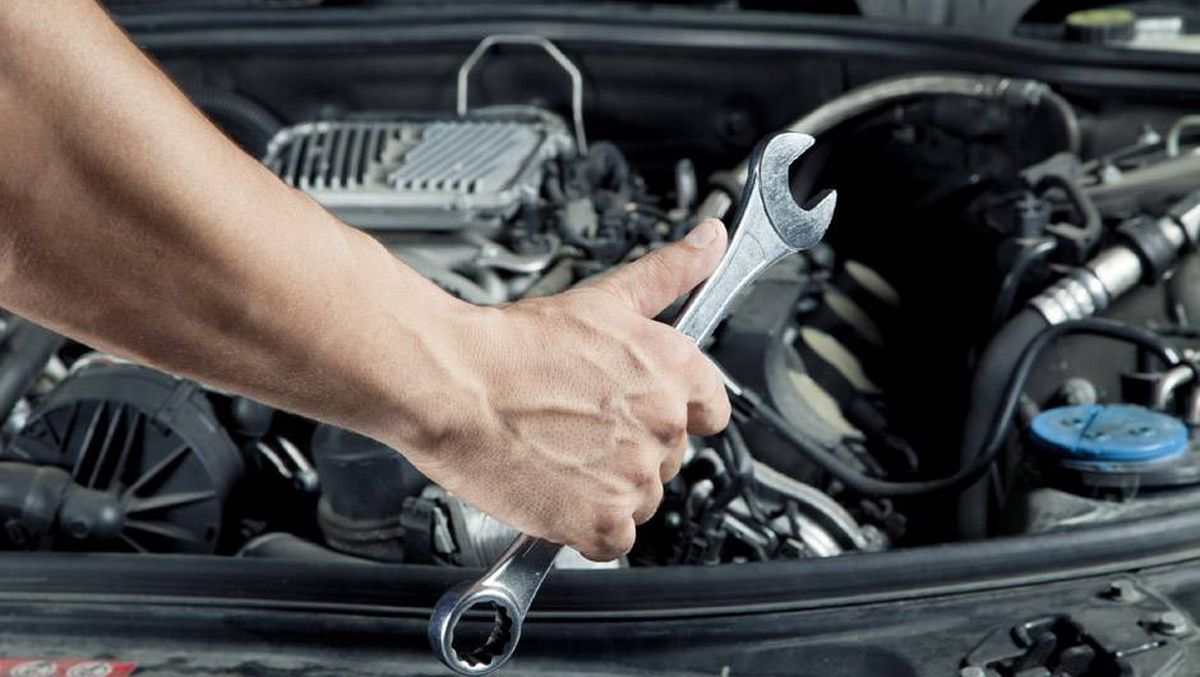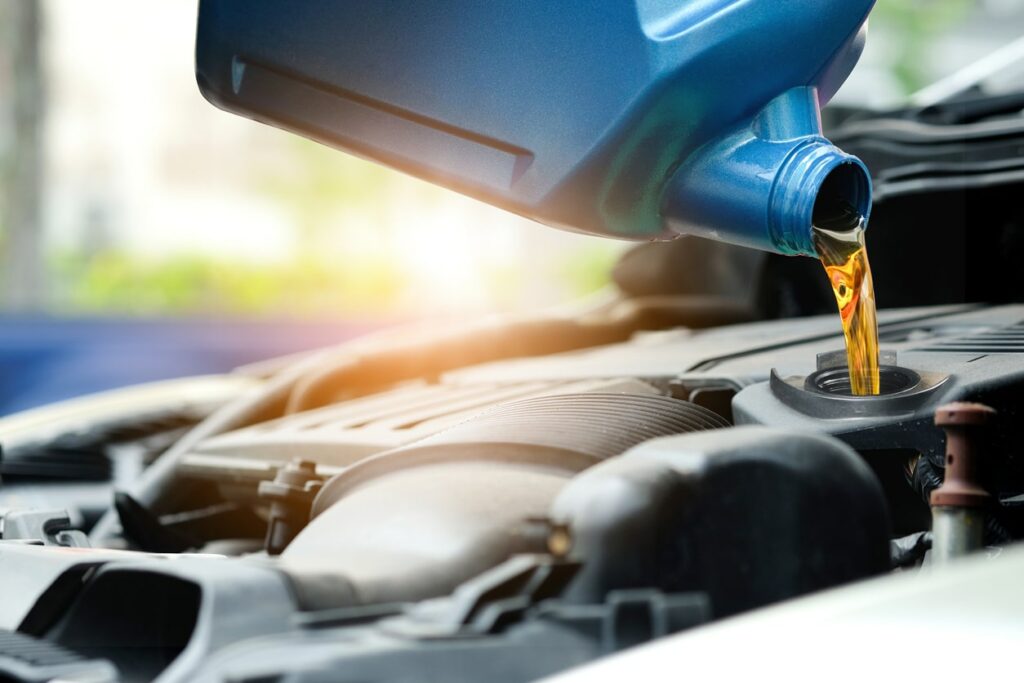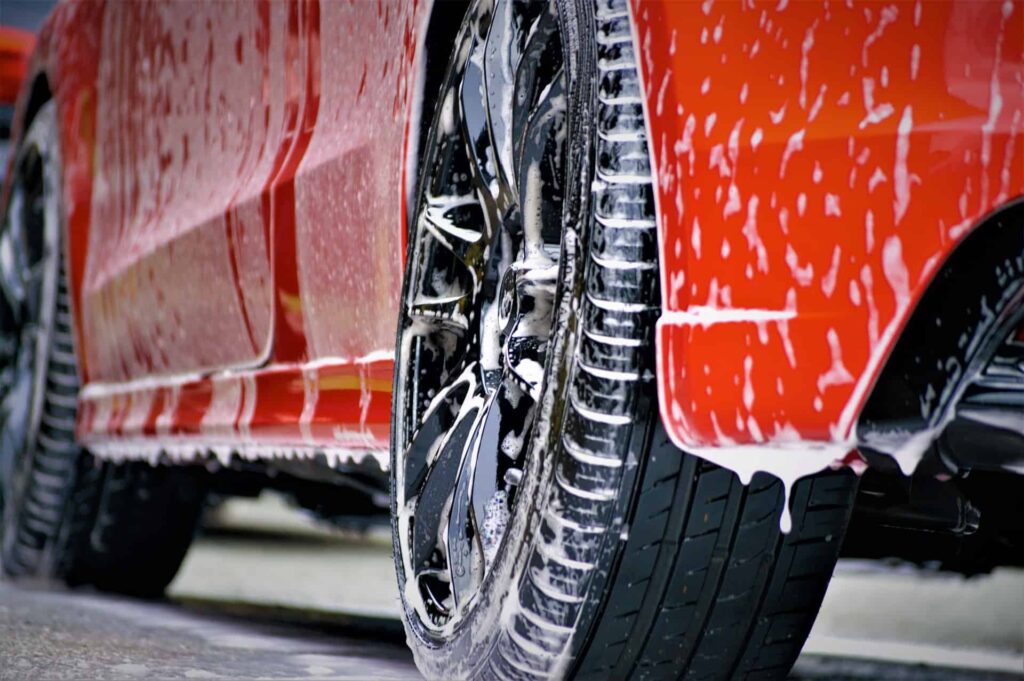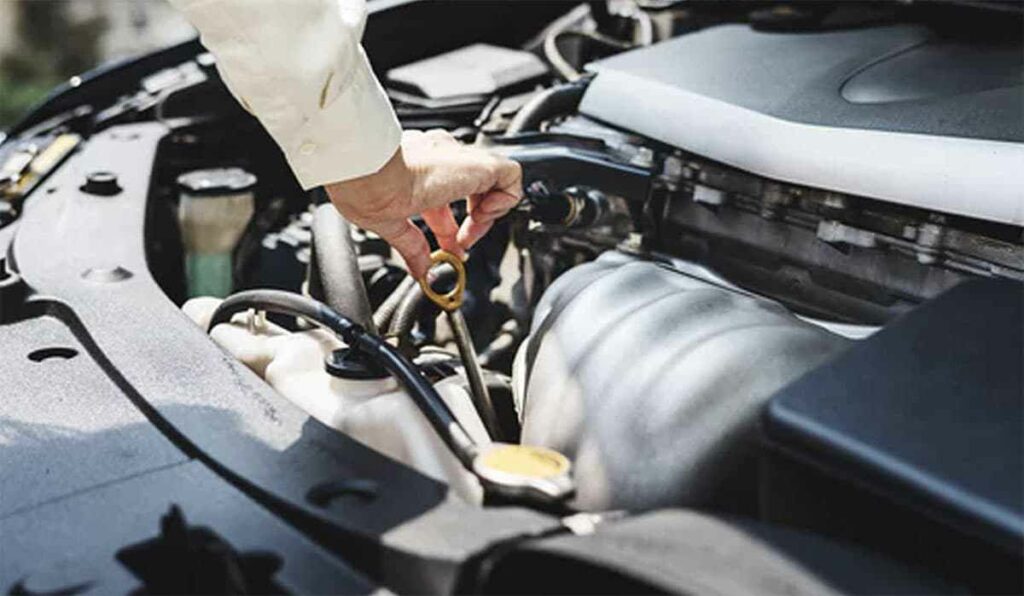
Be a smart consumer on maintaining your car. Car maintenance can extend the life of your car and boosting the value of your car over time. In this article, we will introduce to you 5 car maintenance money-saving tips that will be surely useful for you.
1. Rotate your car tires

Front and rear tires wear differently. Front tires carry more than 60% of your car’s weight; consequently, front tires wear down faster than the rear ones. Also, turning wears the front tires at different rates. Drivers who drive right hand steering cars generally take right turns faster than they do left turns. This puts more load on the left front tire which results in the left tire wearing faster than your right. After thousands of miles of driving, you end up with uneven tread wear.
Rotating tires equalizes these natural wear patterns by changing the positions of your tires. By rotating your tires regularly, you’ll ensure yourself a smoother and safer ride. This simple 15 minutes job will save you a lot of money in the long run by extending the life of your tires.
Most manufacturers recommend that you should rotate your tires every 5,000 miles. An easy way to remember to rotate your tires is to do it whenever you change the oil on your car.
As your car tires will affect your safety on the road, besides tire rotation, check your tires regularly to make sure they’re in good condition. Or you can also equip a tire pressure monitoring system which can monitor and issue real-time reports about air pressure inside the pneumatic tires to the drivers. Having this information will help drivers to prevent unexpected accidents caused by tire issues.
2. Change the oil and air filters regularly

Changing the oil and air filters is one of the less costly but very important services in the maintenance process. This basic service is often the most neglected. Oil lubricates the engine components and ensures even wear. But with time and usage, the oil loses its efficiency. Regularly replacing the oil (check manufacturer’s recommendations) keeps parts clean and prevents the engine from exceeding normal operating temperature. Most oil changes also include the replacement of your car’s air filter, which keeps dirt, dust, and debris from entering the engine. A dirty filter forces the engine to burn too much gas and not enough air, increasing fuel consumption and causing your vehicle to run less smoothly. Please check the manufacturer’s recommended oil. Using inappropriate oils will reduce the level of vehicle fuel efficiency from 1-2%.
3. Keep your car clean
Water, mud, salt, and calcium are all enemies of metal. So be smart about keeping your car sparkling. Leaving dirt and salt on your car speeds the process of oxidization, which corrodes the metal and may affect the resale value of your vehicle. Rinse your car off once a week, or drive it through a car-wash machine to clean the underside, too (and be sure to dry the edges of the doors, hood, and trunk). Depending on how long you intend to keep your vehicle, a properly applied rustproofing treatment every one or two years may help keep rust at bay.
SEE MORE:
4. Keeps the Car’s Paint Shining Bright

Bright lights, shiny tires, and great interiors would not have much of an effect on your car’s longevity without a well-painted exterior. Your car’s paint job is one of the first things (if not the first thing) that others notice. Cars will dull, patchy paint jobs are definitely not attractive. The condition of the car’s paint job also gives an indication of how well your car is maintained. Detailing your car and paying attention to the paint job through proper waxing, polishing, etc, helps to extend the life of your car using the best auto wax products.
5. Maintain fluid levels

Each fluid in your car has a purpose. From engine coolant to transmission and brake fluids, if one of these fluid levels is too low, it increases the risk of damaging the mechanics of your vehicle. If you feel confident, consult your owner’s manual on how to check your car’s fluid levels yourself. Or during your next oil change, ask the mechanic to check levels before any repair work is done. For example, difficulty shifting gears may be solved with a simple transmission inspection and fluid top-up. In comparison, a transmission replacement can run in the thousands.

